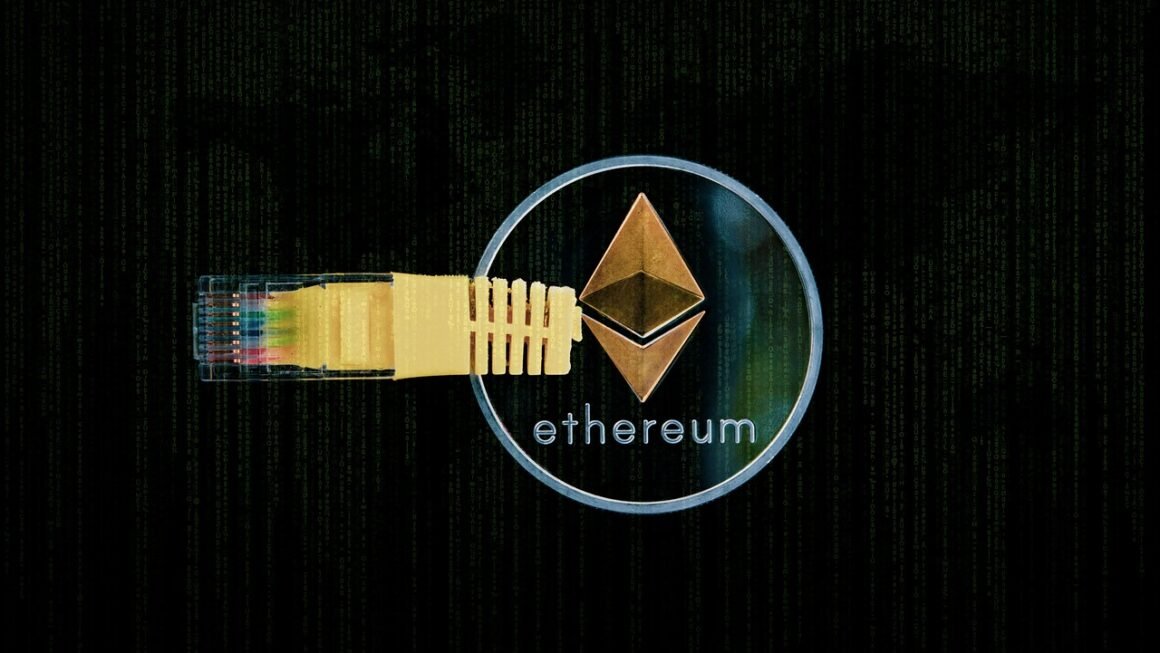Smart contracts are revolutionizing how we conduct business, offering a new paradigm of trust, transparency, and efficiency. Imagine agreements that execute automatically when predefined conditions are met, cutting out intermediaries and streamlining complex processes. This is the power of smart contracts. This blog post will delve into the world of smart contracts, exploring their functionality, benefits, and potential impact across various industries.
What are Smart Contracts?
Defining Smart Contracts
At their core, smart contracts are self-executing agreements written in code and deployed on a blockchain. Think of them as digital contracts that automatically enforce the terms of an agreement when specific conditions are met. These contracts are immutable and transparent, meaning that once deployed, they cannot be altered, and their code and execution history are publicly viewable on the blockchain.
- Key Characteristics:
Self-Executing: Execute automatically when predefined conditions are met.
Immutable: Once deployed, the code cannot be altered.
Transparent: Code and execution history are publicly viewable on the blockchain.
Decentralized: Operates without central authority or intermediaries.
- Analogy: A vending machine is a simple, real-world example of a smart contract. You deposit money (meet a condition), and the machine automatically dispenses the desired product (executes the agreement).
How Smart Contracts Work
The functionality of smart contracts relies on the underlying blockchain technology. When a smart contract is deployed, it’s assigned a unique address on the blockchain. The contract’s code defines the terms and conditions of the agreement and the actions that will be taken when those conditions are satisfied.
Here’s a step-by-step breakdown:
- Smart Contract Creation: The contract is written in a programming language like Solidity (for Ethereum) and then compiled into bytecode.
- Deployment: The bytecode is deployed to the blockchain and assigned a unique address.
- Transaction Trigger: A transaction that satisfies the conditions defined in the smart contract is initiated.
- Verification: The blockchain network verifies the transaction and the conditions.
- Execution: If the conditions are met, the smart contract automatically executes the specified actions.
- Immutability: The transaction and the changes made by the smart contract are permanently recorded on the blockchain.
Benefits of Using Smart Contracts
Increased Trust and Transparency
One of the most significant advantages of smart contracts is the increased level of trust and transparency they offer. Because the code and execution history are publicly viewable on the blockchain, all parties involved can verify the integrity of the agreement. This eliminates the need for intermediaries to ensure fair execution.
- Benefits:
Reduced reliance on trust between parties.
Increased transparency in transactions and agreements.
Elimination of single points of failure or manipulation.
Enhanced Efficiency and Speed
Smart contracts automate processes, eliminating the delays and inefficiencies associated with traditional contract management. By automating execution, smart contracts can significantly reduce the time and cost involved in completing transactions.
- Benefits:
Automated execution reduces manual labor and processing time.
Faster transaction speeds compared to traditional methods.
Reduced operational costs due to automation.
Reduced Costs
By eliminating intermediaries, such as lawyers and escrow services, smart contracts can significantly reduce transaction costs. The automated nature of these contracts also minimizes the potential for human error and disputes, further reducing costs.
- Benefits:
Elimination of intermediary fees.
Reduced risk of human error and disputes.
Lower overall transaction costs.
Improved Security
The immutable nature of smart contracts, combined with the security of the blockchain, makes them highly resistant to tampering and fraud. Once deployed, the code cannot be altered, ensuring that the terms of the agreement remain intact.
- Benefits:
Resistance to tampering and fraud.
Data integrity guaranteed by the blockchain.
Enhanced security compared to traditional contracts.
Use Cases of Smart Contracts
Supply Chain Management
Smart contracts can revolutionize supply chain management by providing end-to-end visibility and traceability of goods. By tracking products through each stage of the supply chain, smart contracts can ensure authenticity, prevent counterfeiting, and improve efficiency.
- Example: A smart contract could automatically release payment to a supplier once goods have been delivered and verified at their destination.
- Details: Each step of the supply chain, from manufacturing to delivery, can be recorded on the blockchain, providing a transparent and immutable record of the product’s journey.
Real Estate
Smart contracts can streamline real estate transactions by automating processes such as property title transfers, escrow services, and mortgage payments. This can significantly reduce the time and cost involved in buying and selling property.
- Example: A smart contract could automatically transfer ownership of a property once payment has been received.
- Details: The entire transaction process can be managed on the blockchain, ensuring transparency and security.
Insurance
Smart contracts can automate insurance claims processing, reducing the time and cost involved in settling claims. By defining the conditions under which a claim is valid, smart contracts can automatically process claims without the need for manual intervention.
- Example: A smart contract could automatically pay out an insurance claim if a flight is delayed by a certain amount of time, based on data from a flight tracking API.
- Details: This can significantly reduce the time and effort required to process claims, improving customer satisfaction.
Voting Systems
Smart contracts can be used to create secure and transparent voting systems. By recording votes on the blockchain, smart contracts can ensure that votes are counted accurately and that the voting process is resistant to fraud.
- Example: A smart contract could be used to conduct secure online elections, with votes recorded on the blockchain to prevent tampering.
- Details: This can increase voter turnout and improve the integrity of the electoral process.
Challenges and Limitations
Scalability
One of the major challenges facing smart contracts is scalability. Many blockchain networks, such as Ethereum, have limitations on the number of transactions they can process per second, which can lead to congestion and high transaction fees.
- Details: Scalability solutions, such as layer-2 scaling and sharding, are being developed to address this challenge.
Security Vulnerabilities
Smart contracts are susceptible to security vulnerabilities if they are not properly coded and tested. Bugs in the code can be exploited by attackers to drain funds or manipulate the contract’s behavior.
- Details: Thorough testing and auditing of smart contracts are essential to identify and fix security vulnerabilities.
Legal and Regulatory Uncertainty
The legal and regulatory landscape surrounding smart contracts is still evolving. There is a lack of clarity on how smart contracts will be treated under existing laws, which can create uncertainty for businesses and individuals using them.
- Details: Clear legal and regulatory frameworks are needed to provide certainty and encourage the adoption of smart contracts.
Conclusion
Smart contracts hold immense potential to transform industries by automating processes, increasing transparency, and reducing costs. While challenges such as scalability, security vulnerabilities, and legal uncertainty remain, ongoing development and innovation are paving the way for wider adoption. As blockchain technology matures and regulatory frameworks become clearer, smart contracts are poised to play an increasingly important role in the future of business and technology. The key takeaway is to stay informed, understand the risks and rewards, and explore how smart contracts can create value in your specific domain. Learning about smart contract programming languages like Solidity and exploring blockchain development platforms are excellent first steps to harnessing their power.



